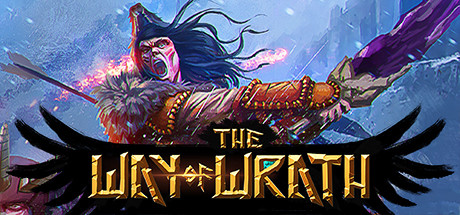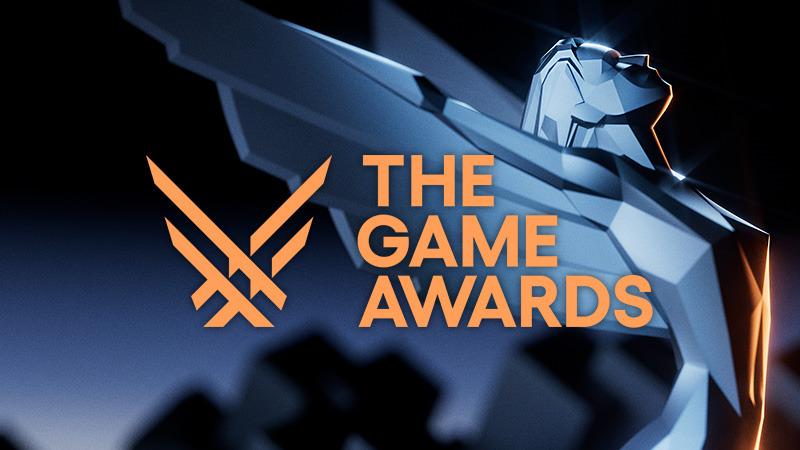What we have been working on
We've been hard at work on the prologue chapter of the game and improving the play experience. We've also added & reworked some major game features.
We've improved many UI and feedback systems to make each activity more enjoyable.


We've changed and improved some existing systems
New interaction System
We used to have a modular interaction system, where each item could have any number of possible interactions, and when you hovered a mouse on an item in the game world, the icons for the possible interactions would show up. This worked great for complex story items that had multiple possible interactions (Use, Take, Examine). But it was kind of a chore for items with one possible interaction like picking up loot or harvesting plants.

You had to first move the mouse cursor over the interactive object, then move the mouse cursor to the interaction icon. We changed this to a dual system, where if the item has single interaction you can directly click on an interactive object in the world, and if it has multiple interactions the UI icons with choices will show up.

This is one of the many such game development iterations that happens a lot during game development. While stuff like this can seem trivial, often small details like these can have a significant impact on how enjoyable basic gameplay interactions are.
And we have added/overhauled others
Mastery System
We mentioned this before in the updates as a possible iteration on exploration skills, but after a lot of thought, we decided this was something we needed to test in the first demo shared with you.
The non-combat activities will get their own progression system. Hunting, Fishing, Herbmixing, Crafting, and Cooking will now become Mastery Skills.
Each mastery skill will have its own experience bar and levels. Each time you perform the activity associated with these skills, you'll gain skill experience. (Similar to how skill progression works in games like The Elder Scrolls: Skyrim. )
For example, when you cook the food you gain cooking experience, crafting an item gives you crafting experience, and so on.

This is the basic way to gain experience in these skills. But, the main reason we are excited about Mastery System is in special challenges you can perform to gain a large experience boost. These challenges come in many shapes: Story Quests, Achievement/Trophy style tasks, Exploration Challenges, and secrets.
Leveling up a mastery skill will allow you to take on more difficult and rewarding activities, and it will also unlock new skills and perks.
With the mastery system, we want to make exploration more rewarding, activities more fun and in general, improve the impact each player interaction has on their progression and immersion into the game world.
The combat progression will still use a classic skill tree, where you unlock new skills with skill points you gain from leveling up.
But we are also considering introducing additional depth to combat by creating some combat-based mastery skills.
This could take shape of skills based on playing style. Aggressive, Defensive, Trickster. It could be broken down to weapon types your character wields. For example, the more you use swords and other similar weapons, the more sword-related features you'd unlock to make your weapon choice more meaningful.
This is something we are still brainstorming and you are welcome to send us your thoughts and ideas on this.
Wound System
The way we handle damage, healing, wounds, and environmental hazards have gone through many iterations. And we feel we found a nice balance between complexity, fun, and impactfulness with the newest iteration.
We settled on a smaller number, of multistage wounds that take multiple steps to heal and that reward exploration and experimentation.
When your character will fall in battle, suffer through extreme environmental hazards, or has bad experiences in story encounters they will gain wounds.
Wounds are a serious business, and they will have a noticeable impact on your gameplay. Untreated wounds can deteriorate into a version of wound or disease with severe penalties, and treated wounds can sometimes take days to heal.
Wounds are treated with medicine, which is very often inspired by real-world folk cures.
Special activities you can find in the game world (Taking hot/cold baths) can speed up the healing of the treated wounds. (Or delay them.)
Very superstitious Thein will also be happy to share with you many mystical and unusual treatments to heal your ailments. You'll have to use your best judgment when choosing which healing methods you want to try.
The Way of Wrath Inspirations
We spent our lives playing and replaying, reading and re-reading, watching and re-watching amazing works of art and entertainment. We obsessed over what made them work, why we loved these experiences and how could this knowledge help us create new projects that we could be proud of.
The Way of Wrath takes inspiration from many great games, books, and tv series. The non-exhaustive list: Baldur’s Gate, Planescape: Torment, Deus-Ex, Legend of Zelda, Thief, Gothic, System Shock, Elder Scrolls: Morrowind, The Divinity Original Sin, Warlord Chronicles, Deadwood, The First Law, The Heroes, Vikings, Connan: The Barbarian. And last but most certainly not the least. The real history of the earth.
In Part 1 of our inspiration article, we'll talk about some of the books and tv series that inspired us.
Warlord Chronicles

Warlord Chronicles is a trilogy of books about Arthurian Legends by Bernard Cornwell. His take on the Artur is a more realistic one. No Camelot, Sword in stone, or honorable knights and the round table. Artur is a warlord and the story follows his struggles to push back the attacks by invading Anglo-Saxon tribes.
The books do a wonderful job to bring to life a world as it might have been seen by humans living in the dark ages of Britain. Where the powers of druids, curses, and myths were real things in the eyes of the average human.
This vivid depiction of the ancient world had a great impact on us. It fueled our fascination with the ancient world that served as a basis for our setting. We wanted to depict life, as it might have been lived by ancient humans, and to turn real the perception of the world they had.
While reading these books we also came to one realization. All the mystical and supernatural elements in most fantasy books are clearly described and explained. This takes away from the very mysticism and the allure of the unknown such elements are usually meant to evoke. After a while, the fictional world feels safer and more structured than the real world we live in. You know whether gods are real and the extent of most magical powers.
We wanted to avoid this feeling of a safe and structured world. And we did away with the mechanics of a reliable narrator. Everything you learn is just a personal opinion of the character who shares the knowledge, biased by their culture and opinions. To learn the truth you have to rely on personal experiences. (or failing that try to find the truth by looking at the subject from multiple points of view and try to deduce what might have really happened.)
Deadwood

Deadwood is one of the best TV series out there and we took deep inspiration from its handling of character and character-driven stories. Its characters feel real, they have flaws and impulses. Conscious and subconscious goals, they stumble through the world and try desperately to cling to something that will give them meaning. The clash of their personalities and desires is weaved into a masterful tapestry of character conflict-driven stories. Each episode builds upon the previous events and creates an impactful narrative.
This served as inspiration for us to make each NPC a unique character and give them their personal branching storylines that reacts and builds upon character choices and other quests.
The First Law Trilogy & The Heroes

These are fantastic fantasy books by Joe Abercrombie. The “low magic” aesthetics, more realistic characters, and cynical tone left their impact on us and we incorporated these inspirations into our design.
Vikings

TV series had its ups and downs but it further fueled in us desire to explore more types of historical characters as the base for our protagonists. We wanted to design a setting where we could tell stories about warlords, conquerors, Rulers, diplomats, traders, priests, inventors, and many other possible professions.
Thanks for reading!
Always feel free to ask us any questions you have, or share any ideas you want to. You can reach us through Steam Forums, Our Discord Channel or our website.

